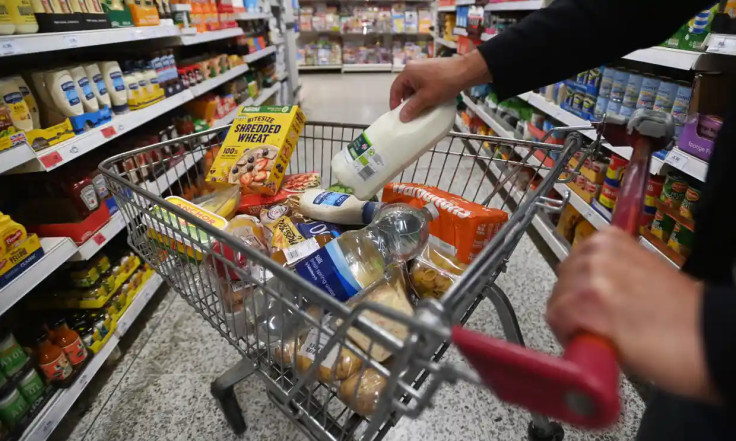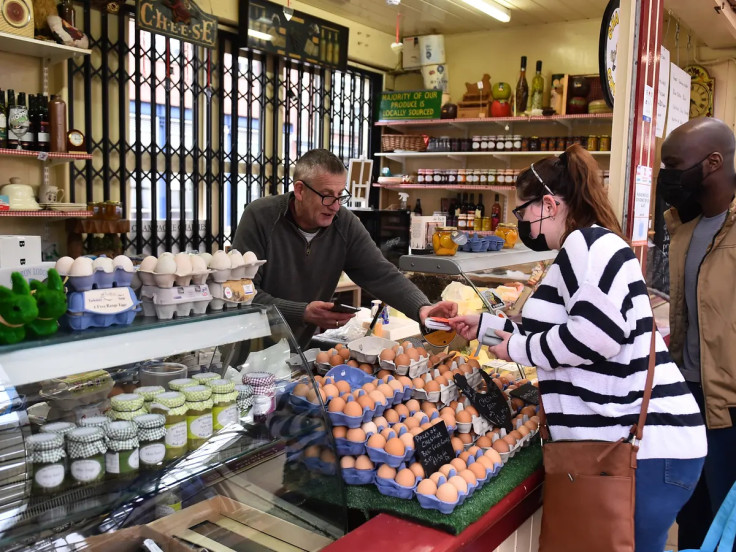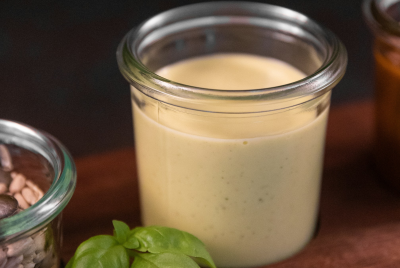Food inflation hits 15% as experts say retailers must focus on price differentiation
Food inflation has risen by 15 per cent in a year, as prices in Britain's shops reach unprecedented levels. Experts say retailers must focus on their price differentiation strategy as consumers' purse strings "continue to feel the squeeze".

Food price inflation has risen by 15 per cent in a year, as prices in Britain's shops reach unprecedented levels.
Rebecca Crook, Chief Growth Officer at CI&T, says retailers must focus on their price differentiation strategy as consumers' purse strings "continue to feel the squeeze".
According to data collected by the British Retail Consortium (BRC), average shop prices are now 8.9 per cent higher than they were at this time a year ago. It is the highest rate ever recorded and represents a significant acceleration from the 8.4 per cent measured in February.
The surprise inflation spike caused the Bank of England to raise interest rates for the 11th time in a row last week.
Crook attributes the recent surge in pricing too high manufacturing costs, supply shortages, as well as the rising cost of sugar.
Shortages of essential food and drink items have been rife in the past month.
"Poor harvests in Europe and North Africa have worsened the availability of fruit and vegetables," Helen Dickinson, chief executive of the BRC, said. "Prices of fruit and vegetables, grown out of season, in greenhouses in the UK and other northern European countries were further affected by high energy costs."
Dickinson added that the rising cost of sugar also resulted in inflated prices for chocolate and other sweets as the Easter holidays approached.
Rising food prices are a cause for concern for consumers, leading many to reevaluate their shopping habits and spending limits.
Research conducted by market analysts Kantar revealed that 39 per cent of British consumers were worried about being able to put enough food on the table, while one in four were prioritizing feeding others before themselves. Among those aged 18 to 34 - who grew up in an era of stable prices - more than half said food inflation had harmed their mental health and the quality of their diet.
According to market expert Crook, consumers are now sticking to essential shopping, buying own-brand versions of popular products, and shopping more at discount stores.
However, even essential items such as eggs, milk, and cheese are adding more than £800 to annual bills, forcing customers to hunt for the best deals.
In a recent Gartner consumer community survey, more than 30 per cent of consumers said they are utilising digital price comparison and coupon tracking tools in order to save money on their food shops.
Furthermore, a change in consumer behaviour is reflected in the latest figures. Kantar's report also showed that footfall was up in "every single grocer" over the four weeks to March 19, with households now visiting three or more of the top 10 retailers per month on average.

Where there are supply shortages, consumers are increasingly turning to independent stores to plug the gaps.
The volumes of tomatoes, peppers, and cucumbers in baskets rose by 32 per cent, 26 per cent, and 21 per cent respectively in independent stores, according to Fraser McKevitt, head of retail and consumer insight at Kantar.
So what can retailers do to avoid losing customers? As well as price differentiation, Crook says having a strong digital strategy is crucial to surviving this trying period, especially with further store closures likely to be announced by brands in the coming months.
Figures from the Centre for Retail Research reveal that over 15,000 jobs have already been axed since the start of the year as high-street retailers have collapsed or were restructured - a result of the worsening cost-of-living crisis.
It seems that for now, the price pinch is here to stay.
BRC chief executive Helen Dickinson believes that shop price inflation has "yet to peak".
"Food price rises will likely ease in the coming months, particularly as we enter the UK growing season, but wider inflation is expected to remain high," she added.
Andrew Bailey, the Bank of England governor, also said headline inflation would fall "sharply" this year, "starting probably in a couple of months or so from now."
Despite the spike in food and drink costs, official data released by The Office of National Statistics showed British retail sales unexpectedly rebounded by 1.2 per cent in February from the month before, returning sales volumes to their pre-pandemic level.
© Copyright IBTimes 2025. All rights reserved.






















